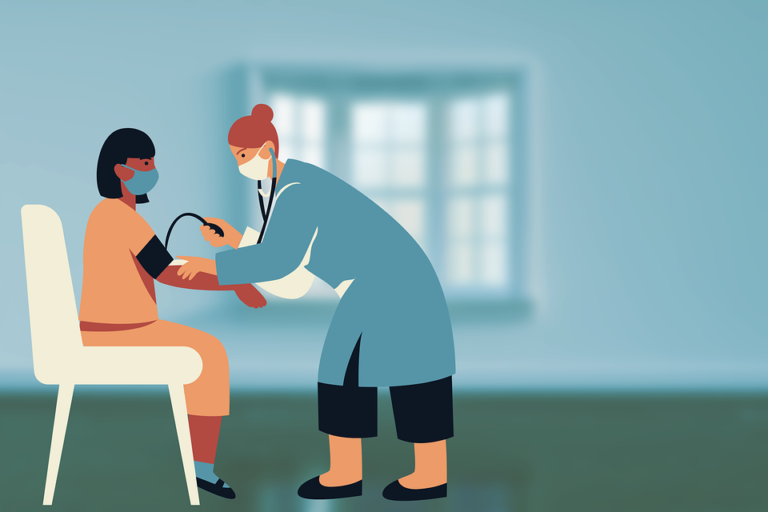Book Appointment Now

Critical Thinking under Pressure: ER Triage Decisions
In trauma and acute care nursing, critical thinking under pressure is paramount, especially when handling ER triage decisions. Nurses in the emergency room (ER) are tasked with making fast, life-altering choices that determine the priority of patient care. This article explores how critical thinking in nursing plays a crucial role in ER triage, highlighting the skills and strategies required to succeed in such high-pressure environments.
Do you need nursing paper writing help regarding ER Triage Decisions? ![]()
The Role of Critical Thinking in ER Triage
ER triage is a complex process that requires nurses to assess and prioritize patients based on the severity of their condition. This decision-making process happens in real-time, often under stressful conditions. Critical thinking skills enable nurses to evaluate a patient’s symptoms, identify life-threatening issues, and determine who requires immediate attention.
Decision-Making under Pressure
In an emergency setting, the pressure is intense. Nurses must rely on their acute care nursing knowledge and apply triage strategies to assess patients efficiently. This means integrating clinical knowledge with fast, accurate judgments to optimize patient outcomes. In some cases, the nurse’s ability to think critically can be the difference between life and death.
Key Strategies for Effective ER Triage
Nurses working in trauma care utilize a range of strategies to ensure they are making sound decisions even when time is limited.
- Rapid Patient Assessment
Using tools like the ABCDE approach (Airway, Breathing, Circulation, Disability, Exposure) helps nurses prioritize treatment based on immediate needs. This structured method enhances decision-making speed, ensuring patients with critical conditions are treated first. - Applying Clinical Knowledge
Nurses must quickly draw on their understanding of diseases, trauma, and symptoms. Identifying red flags like chest pain, shortness of breath, or uncontrolled bleeding helps differentiate urgent cases from less severe ones. - Effective Communication
Communication is key in ER triage. Nurses work alongside doctors, paramedics, and other medical professionals to ensure everyone is informed about a patient’s condition. Clear and concise reporting can help speed up life-saving interventions.
Read also”
- Critical Thinking And Problem Solving essay assignment
- Critical Thinking Assessment Tool essay assignment
- Critical Thinking Nursing Writing Help
Developing Critical Thinking in Trauma Nursing
To excel in ER triage, nurses must continuously hone their critical thinking abilities. Here are some ways to enhance these skills:
- Simulation Training
Many hospitals use simulation scenarios to prepare nurses for real-world emergencies. This hands-on experience allows nurses to practice critical thinking in high-pressure situations, improving their response time and decision-making accuracy. - Case Study Reviews
Reviewing past trauma cases and discussing triage decisions can help nurses learn from both successes and errors. This reflective practice sharpens clinical judgment and critical thinking, making nurses more effective in the future.
In the fast-paced world of trauma and acute care, critical thinking under pressure is a vital skill for nurses managing ER triage decisions. By mastering assessment tools, applying clinical knowledge, and communicating effectively, nurses can ensure that patients receive the care they need when they need it most. For nursing professionals, ongoing education and hands-on experience remain essential in refining the critical thinking skills required to excel in the demanding field of ER triage.
Also read:
- Role of Triage in Emergency Care Assignment
- Triage: Who Goes First?
- Using the Triage Assessment Form
- NUR 2790 Module 3 Discussion Triage







